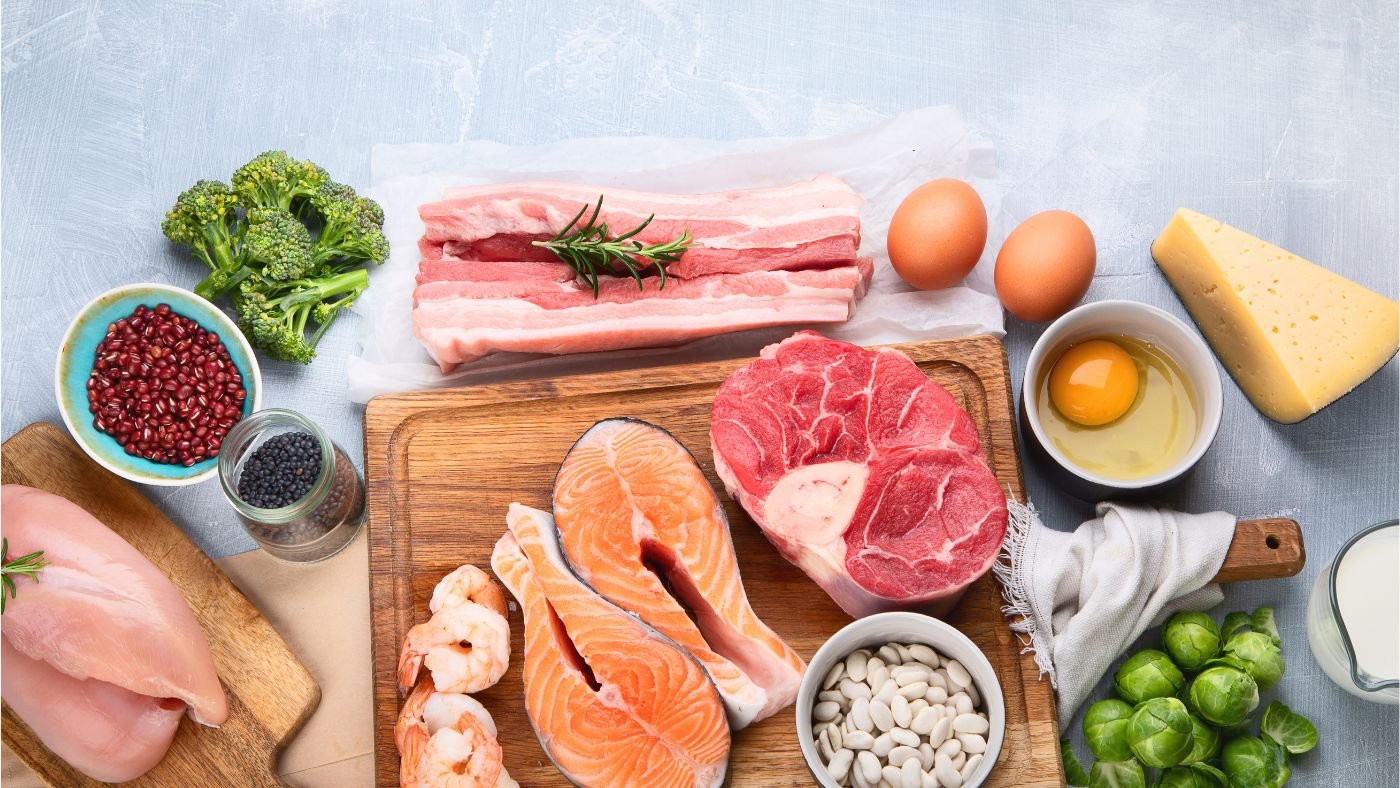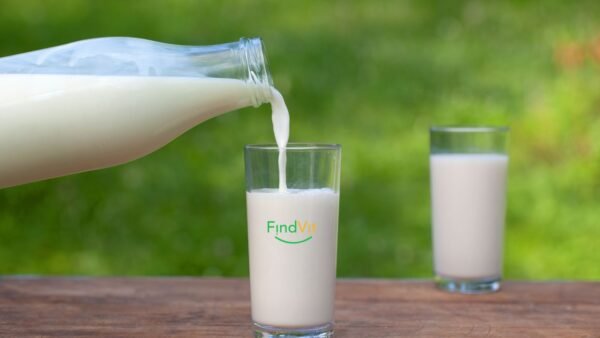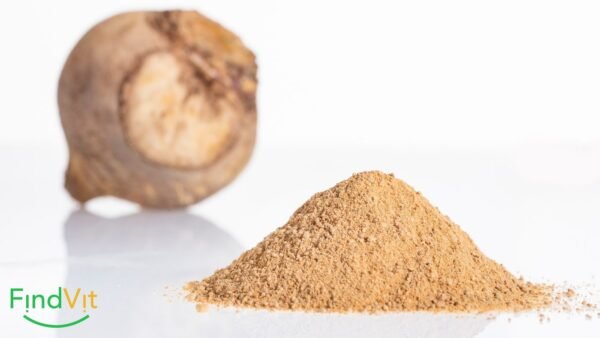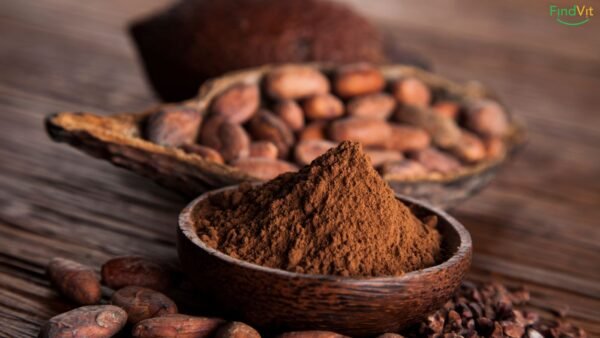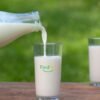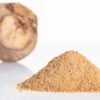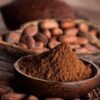proteins, carbohydrates and fat are the main groups of macronutrients. And it's well known that protein is an essential macronutrient, but not all protein from foods is created equal. Also, a person may not need as much protein as many people think.
Learn important things about protein and building a diet with healthy protein foods.
What are proteins?
A protein is a naturally occurring, highly complex substance consisting of amino acid residues joined by peptide bonds.
A protein molecule is very large compared to a sugar or salt molecule, and consists of many amino acids strung together to form long chains, much like beads are arranged on a string.
Protein is found throughout the body—in muscles, bones, skin, hair, and almost every other part or tissue of the body.
Proteins are found in all living organisms and include essential biological compounds such as enzymes, hormones and antibodies.
Proteins are made from twenty basic building blocks called amino acids.
Since our body does not store (store) amino acids, our body produces amino acids in two different ways: by making them from scratch, or by modifying other amino acids.
Nine amino acids—histidine, isoleucine, leucine, lysine, methionine, phenylalanine, threonine, tryptophan, and valine—are known as essential amino acids and must be obtained from food.
What are "pure" proteins?
"Pure" protein, whether it comes from plant or animal foods, has similar health effects, although a mixture of amino acids can affect health. Some dietary proteins are "complete," meaning they contain all twenty types of amino acids needed to make new proteins in the body.
Others are "deficient," lacking one or more of the nine essential amino acids that our bodies cannot make from scratch or from other amino acids.
Animal-based foods (meat, poultry, fish, eggs, and dairy products) are generally good sources of complete protein, while plant-based foods (fruits, vegetables, grains, nuts, and seeds) are often deficient in one or more essential amino acids.
Vegetarians who abstain from animal foods can eat a variety of protein-rich plant foods each day to get all the necessary amino acids needed to make new proteins. Choosing whole plant proteins like quinoa and chia seeds is helpful.
How much protein does the body need?
Health professionals recommend that adults get at least 0.8 grams of protein per kilogram of body weight per day.1
- For a 63-pound person, that means about 50 grams of protein each day.
- For a 90-pound person, that means about 70 grams of protein each day.
The range of protein intake is wide. Protein can make up 10% to 35% of calories each day. In addition, there is relatively little reliable information about the ideal amount of protein in the daily diet or what the healthiest amount of protein is.
It is important to note that millions of people around the world, especially young children, do not get enough protein due to malnutrition. The effects of protein deficiency and malnutrition range from stunted growth and loss of muscle mass to reduced immunity, weakened cardiorespiratory systems, and death.
A Harvard analysis of more than 130,000 men and women who were followed up to age 32 showed that the percentage of calories from protein intake was not associated with overall mortality or specific causes of death. However, the source of protein in the diet is very important.
It's all about the right nutrient package
When we eat food to supplement our body with protein, we also get other nutrients: different fats, fiber, sodium, and more. It is the variety of nutrients that is most likely to make a difference in health.
The table below shows an example of a food "package" sorted by protein content, along with various nutrients combined.
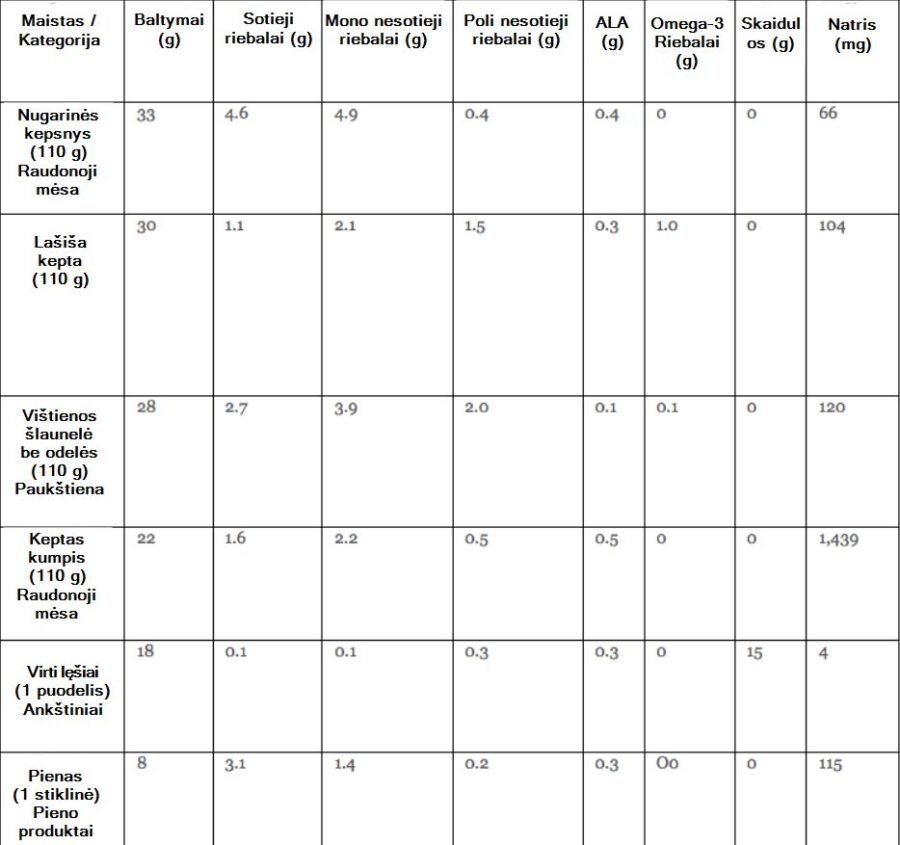
ALA - Alpha lipoic acid
For example:
- A 110g sirloin steak is an excellent source of protein at 33 grams. However, it also provides about 5 grams saturated fat.
- A cup of cooked lentils contains about 18 grams of protein and 15 grams of fiber, and is virtually free of saturated fat or sodium.
It is important not only how much protein the dish contains, but also what additional nutrients we get together. Some substances can help, while others can harm the body.
Effects of protein on health
The available evidence suggests that the source of protein, rather than the amount of protein, is most likely to affect our health.
Eating healthy sources of protein, such as beans, nuts, fish or poultry, instead of red meat and processed meat, can reduce the risk of several diseases and early death.
Heart disease
A study conducted at the Harvard Chan School of Public Health found that regular consumption of even small amounts of red meat, especially processed red meat, is associated with an increased risk of heart disease and stroke. It also increases the risk of dying from cardiovascular disease or any other cause.2
In terms of protein intake, there is evidence that a relatively high-protein diet can benefit the heart, as long as the protein comes from healthy sources.
Diabetes
Again, the source of protein is more important than the amount of protein when it comes to diabetes risk. Eating more red meat predicts a higher risk of type 2 diabetes, while eating nuts, legumes, and poultry is associated with a lower risk.
Bone strength
When digesting proteins, acids are released into the blood, which the body usually neutralizes with calcium and other buffer preparations. As a result, early studies theorized that eating a lot of protein required a lot more calcium that could be pulled from the bones. in 2009 a systematic review showed that this would not happen.3
Proteins and the Earth's environment
Just as different foods can have different effects on human health, they also have different effects on the environment. Agriculture is a major contributor to global greenhouse gas (GHG) emissions, the accumulation of which drives climate change.
However, not all foods have the same effect. The production of animal-based foods generally produces more emissions than the production of plant-based foods, with dairy products and red meat in particular (especially beef and lamb) having a disproportionate impact.
For example: producing just 454 grams of lamb produces five times more (GHG) than producing 454 grams of chicken and around 30 times more than growing 454 grams of lentils. US beef alone accounts for 36% of total food-related GHG emissions.
Protein powder
Protein powder can come from a variety of sources, including eggs, dairy (eg, casein, whey), and plants (eg, soybeans, peas, hemp).
Some protein powders contain protein from multiple sources; for example, a vegan option might include protein from peas, pumpkin seeds, sunflower seeds, and alfalfa.
They can often be supplemented with other ingredients, including vitamins and minerals, thickeners, added sugars, low-calorie sweeteners, and artificial flavors.
If you decide to consume protein shakes, it's important to read the nutrition and ingredient labels beforehand, as the products may contain unexpected ingredients and lots of added sugar and calories. We recommend choosing quality products, which are recommended by specialists.
The importance of protein
Protein is the main part of the daily diet. The average person needs about 0.8 grams of protein per kilogram of body weight every day.
Because protein is found in an abundance of foods, most people can easily meet their needs. However, not all protein-rich foods provide the same benefits.
There's a lot more to food than just protein, so it's important to pay attention to what else we're getting along with protein. It is recommended to choose healthy protein food.
Choose fish, poultry, beans and nuts. Limit red meat and cheese. Avoid bacon and other processed meats.
Based on these general guidelines, here are some additional considerations and tips for shaping your diet with the best choices.
Considering meat products, it is especially important to choose those that are best for the body:
- Generally, poultry (chicken, turkey, duck) and various seafood (fish, shellfish, molluscs) are the best choices. Eggs are also a good choice.
- If you like dairy products, it's best to do so in moderation. Adding yogurt to your daily diet is a better option than whole milk or cheese.
- Red meat, which includes unprocessed beef, pork, lamb, veal, lamb and goat, should be limited. If you like red meat, consider eating it in small amounts or only on special occasions.
- Processed meats such as bacon, hot dogs, sausages should be avoided. Although these products are often made from red meat, processed meats also include items such as turkey bacon, chicken sausage, and sliced chicken and ham
Processed meat refers to any meat that has been "transformed" by salting, curing, fermentation, smoking or other processing processes.
Get your protein from plants. Eating legumes (beans and peas), nuts, seeds, whole grains, and other plant-based protein sources is good for health and the planet's environment. If most of your protein comes from plants, make sure you have a variety of plant-based protein sources. It is important not to lack "essential" protein components.
- Legumes: lentils, beans (chickpeas...), peas (green, split, etc.), soybeans (and products made from soybeans: tofu, etc.), peanuts.
- Nuts and seeds: almonds, pistachios, cashews, walnuts, hazelnuts, pecans, hemp seeds, pumpkin seeds, sunflower seeds, flax seeds, sesame seeds, chia seeds.
- Cereals: wheat, rice, wild rice, millet, oats, buckwheat.
- Other: Although many vegetables and fruits contain some protein, it is generally lower than other plant foods. For example, corn, broccoli, asparagus, Brussels sprouts and artichokes are high in protein.
Tips
Eat a little less red meat. Assess how often you eat red meat and see if you can replace it with poultry or seafood.
Eat less meat, enjoy variety
Plant foods such as beans, nuts, grains and other vegetables are beneficial. By including plant foods, you supplement the body with other useful substances.
It is important to rememberthat everyone's health is individual and there is no common recipe for everyone!
So, if you want to know what nutrients your body might be lacking right now, health professionals recommend a guide – "Your Day".
- In time, pay attention to the signals sent by your well-being
- Replenish the body with natural minerals, vitamins and nutrients necessary for health.
- Enjoy energy and good mood everyday!
